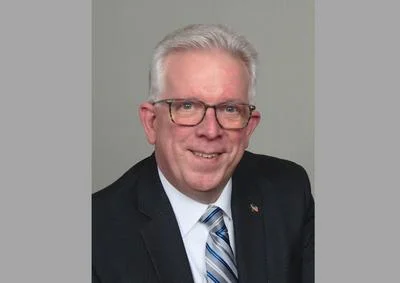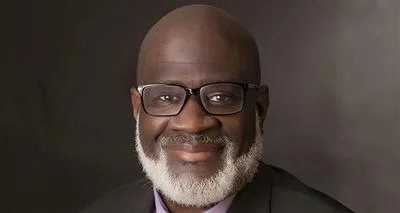Illinois' $111 billion unfunded pension liability has sent legislators on a quest to solve the crisis as quickly as possible, including a rare agreement announced in January between Republican Gov. Bruce Rauner and Senate President John Cullerton (D-6th District), which would offer workers a choice of other retirement benefits.
Despite Rauner’s support of Cullerton’s plan, however, Democrats may not address the pension legislation until the state has a budget. With upcoming elections and opposition from labor unions, getting the bill passed also may take longer than most would like.
“I was happy to hear that there’s some compromise going on,” Mel Thillens, a District 28 candidate for the state Senate from Park Ridge, recently told the North Cook News. “I hope that the governor reaching out across the aisle like this leads to the end of the politics and the bickering.”
Thillens said politicians have been putting politics ahead of the people for far too long and any step forward on pension reform is a good step.
House District 56 candidate Jillian Bernas of Schaumburg echoed Thillens' sentiment and told the North Cook News that she applauds Rauner for endorsing Cullerton’s pension reform plan.
“I know that he’s (Rauner’s) definitely taking the first steps toward championing pension reform,” Barnes said. “I also like that he’s reaching across the aisle. That’s something that President Cullerton has gotten behind, so the governor is extending a hand. We can’t save retirement benefits and we can’t provide our social services programs without first resolving the pension crisis.”
Many people believe the Illinois pension disaster stems from years of politicians claiming that the state budget was not increasing, when in fact, it was; and lawmakers failing to follow the state’s constitutional balanced budget requirements designed to cut back on borrowing and promote accountability.
Those same folks say elected officials minimized the financial limitations and pacified citizens with pension promises the budget cannot support in order to get re-elected.
Generous pension promises were made to state workers to garner union support. But because the budget lacked sufficient funding to back-up those guarantees, the budget collapsed under the weight of the hefty promises.
Rauner and many Democrats haven’t been able to see eye-to eye on how to close the approximately $5 billion budget deficit, which has left the state without a spending plan for the fiscal year. The budget crisis has caused big cuts to social services and other programs. But before he signs off on a tax increase, Rauner want pro-business changes, which Democrats say will cripple the middle class.
This leads many to wonder whether increasing taxes for Illinois citizens is the inevitable solution to the crisis.
Thillens said asking taxpayers to pay more money in taxes to solve the Illinois pension crisis “is the last thing we should do until we get our own house in order.”
“Before we even start talking about raising the income tax, we have to talk about the structural reforms that are needed in the state," he said. "We tried this back in 2011, raising the taxes, and it led to very little ground gained on the backlog of bills; our unfunded pension liability went up. We need to tackle some serious reforms in this state, so that we can gain the trust of the taxpayers again, before we go asking people for more money."
Bernas said the biggest change she would like to see is in pension reform, education reform, criminal justice reform and general improvements on the way services are delivered.
“... I think our families and our children aren’t receiving the services that we tell them they’re going to receive,” Bernas said.
Bernas said she believes the large pension burden hurts the state’s ability to provide services to citizens in the way it intended to, while addressing the unfunded pension liabilities at the same time.
“It’s kind of a two-piece approach," she said. "We’re definitely going to have to change the way that pensions are funded in order to better provide services to families in our communities that need them."
State Rep. Elaine Nekritz (D-District 57), an incumbent, told the North Cook News that she would not stand in the way of the pension bill, but based on history, has her doubts as to whether the bill would be passed.
“I am not going to stand in the way if this is the way the legislature and the governor want to proceed, but a court case, we will have one and then the question is what will they say," she said. "And I think based on past history it doesn’t sound to me like it would be too favorable."
Nekritz also said she doesn’t believe there is a way to fund state government at an adequate level without increasing taxes, which is why she supported the 2011 tax increase. Contrary to what the governor said, Nekritz said the tax increase did make a lot of progress in making pension payments out of current revenues.
“The backlog of bills, again contrary to what he (Rauner) said, reduced dramatically from $10 billion to $4 billion,” Nekritz said. “I’d say that is a pretty significant decrease. We were really moving ahead in a very significant way. We still had to make cuts, no question about it. But I think that is what the citizens want. They want us to pay our bills and to keep spending in line.”






 Alerts Sign-up
Alerts Sign-up